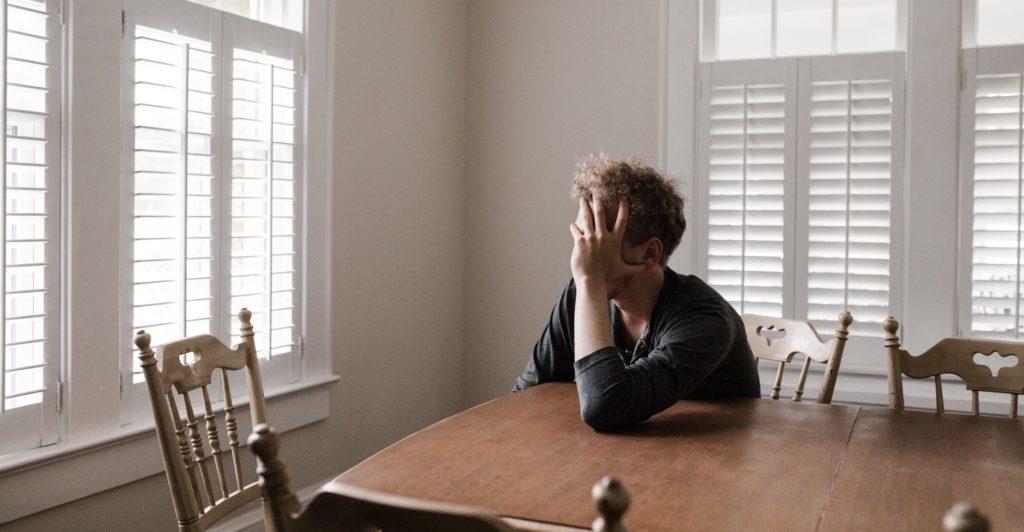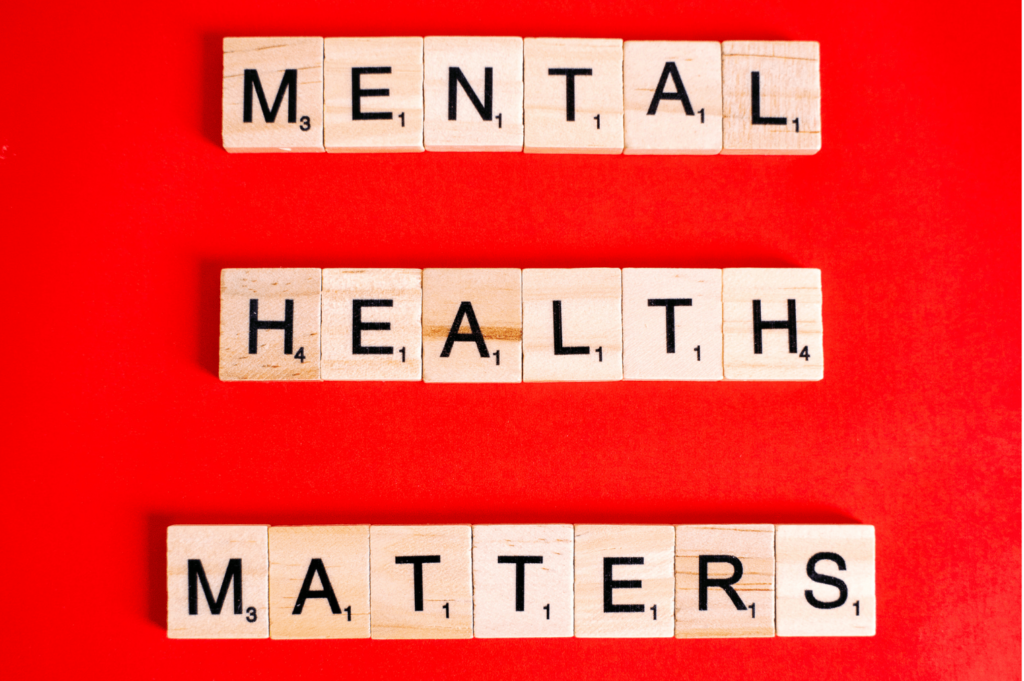The following blog was written by Sigmund team member Romana Brigante, PMP, LMSW. Romana is a licensed social worker and former clinician with over 10 years of experience working in behavioral health. She is one of several former behavioral health professionals on staff here at Sigmund that provide tremendous insights about provider and patient experiences in our industry. Those insights have been invaluable to our software development and how we serve our behavioral health and addiction treatment clients.
During my undergraduate studies at SUNY New Paltz, I majored in Psychology and minored in Women’s Studies. I enjoyed learning about how humans relate to the world and themselves, and especially how “dis-ease” can occur. The progressive Women’s Studies program exposed me to many of the inequalities and injustices that women and minorities experience in all areas of life.
I would go on to get a Master’s in Social Work from Adelphi University and move into the healthcare field, where my Women’s Studies background helped me be an even better clinician. Something I had never forgotten from my Women’s Studies program, which became even more relevant when I entered the clinical environment, was the fact that many women and minorities have been historically left out of clinical studies, for both medical and mental health research.
“For most of medical history, this assumption held true and meant that new medicines and treatments were often only tested on men. Only in the past few decades has medical research started to include and consider women,” states Michelle Berlin, M.D., M.P.H.
In fact, it was not until the National Institutes of Health Revitalization Act of 1993 that guidelines were established for the inclusion of women and minorities in publicly funded clinical research. You read that right – 1993, just 28 years ago.
It’s hard to believe that this hasn’t been a standard practice for even three decades. In addition to the inherent misogyny and racism, it’s also a flawed clinical approach – any research conducted with a sample that does not accurately reflect the population will provide skewed results.
In that case, it’s fair to say that all publicly funded clinical research before 1993 did not reflect the population. Instead, the results skewed heavily towards the experiences of white men.
However, if those previous studies were mostly conducted on white men, why do women historically engage with mental health awareness/education and participate in mental health treatment at a higher rate than men?
According to the National Center for Biotechnology Information, mental health among men often goes untreated, as they are far less likely to seek mental health treatment than women.
Men were the focus of all research until the early 90s – why haven’t they turned to the solutions the behavioral health industry has developed since then?

Men & Mental Health
Unfortunately, it’s not difficult to find statistics that display the disparity of mental health awareness/treatment between men and women. For example:
- Men die by suicide at a rate four times higher than women
- Men die of alcohol-related causes at a rate of 62,000 in comparison to women at 26,000
- Less than 1% of all eating disorder research focuses specifically on males. Yet, The National Association for Males with Eating Disorders estimates that 25 to 40 percent of people with all eating disorders are males.
As a mother to a wonderful little boy, a wife, daughter, and a niece, I can’t stress enough that we must educate ourselves, our brothers, sons, husbands, and fathers that the mental health and self-care revolution occurring absolutely includes them. We need to check our own prejudices about what mental health means, and then challenge them.
The Effect of Masculine Norms on Mental Health
Boys don’t cry is a message we’ve all heard, over and over again.
Have you ever stopped to think about the impact that the perpetuation of this masculine norm, and others like it, have had on men and boys over time? How have sentiments like this affected the behavior and mental health of men when they experience hardship?
In an interview with the American Psychological Association, Wizdom Powell, PhD, MPH, an associate professor in the University of North Carolina-Chapel Hill Department of Health Behavior, describes masculine norms as the, “..specific ways men are told they should act – you know, be tough, stay in control, be a provider, etc….masculinity norms can govern the kinds of disclosures men make when they are feeling distressed or they are exposed to stressful events.”
She explains that, “…when men adhere rigidly to the kinds of norms that encourage them to not share their emotions, to be sort of relentlessly self-reliant without seeking the help or support of others. They can have poorer mental health outcomes, particularly more depressive symptomatology because doing so cuts them off I think from the social networks and social supports that might help them get through a difficult time”.
Powell also discusses the typical or accepted ways that men have been taught to cope with emotions, which is primarily suppression and anger. When these “coping strategies” become habitual, disorders and crises occur.
As a clinician, I found that only a handful of men were in attendance for the traditionally “female-centric” treatment groups, such as eating disorder and borderline personality disorder recovery. Unfortunately, a variety of studies back up my anecdotal evidence. For example, research shows that only 16% of Al-anon attendees are men.
As a result, those that do attend often stand out in the crowd, which is not really the preferred experience for anyone who needs to become very vulnerable in order to heal.
Reexamining the Narrative and Changing the Norm
So, how do we change this? Through education, awareness, and action. And we need to do better on all three fronts, as a healthcare system and society.
As with most social change, it starts at home with how we frame healthcare to ourselves and to each other. Here is a list of great resources for your education on, awareness of, and participation in men’s mental health:
- Man Therapy is a great resource to help working age men with depression and those dealing with suicidal thoughts in a way that is humorous and informative while also reducing stigma (if you love the character Ron Swanson from Parks and Recreation, definitely check this site out).
- Research on gender-focused prevention and treatment efforts for mental illness.
- Addressing the stigma attached to mental illness.
- 9 Ways to Fight Mental Health Stigma.
- How to talk to young children about mental health.
- Victims No Longer: The Classic Guide for Men Recovering from Sexual Child Abuse, a book by Mike Lew.
- The Unapologetic Guide to Black Mental Health: Navigate an Unequal System, Learn Tools for Emotional Wellness, and Get the Help you Deserve, a book by Rheeda Walker, Phd.
- I Don’t Want to Talk About It: Overcoming the Secret Legacy of Male Depression, a book by Terrence Real.
- A List of 44 Children’s Books about Mental Health
- In Recovery with Dr. Nzinga Harrison, a podcast by Lemonada Media
- Stories of Stigma: South Asian Mental Health, a podcast by MannMukti
- Stigma Podcast, a podcast by Stephen Hays

